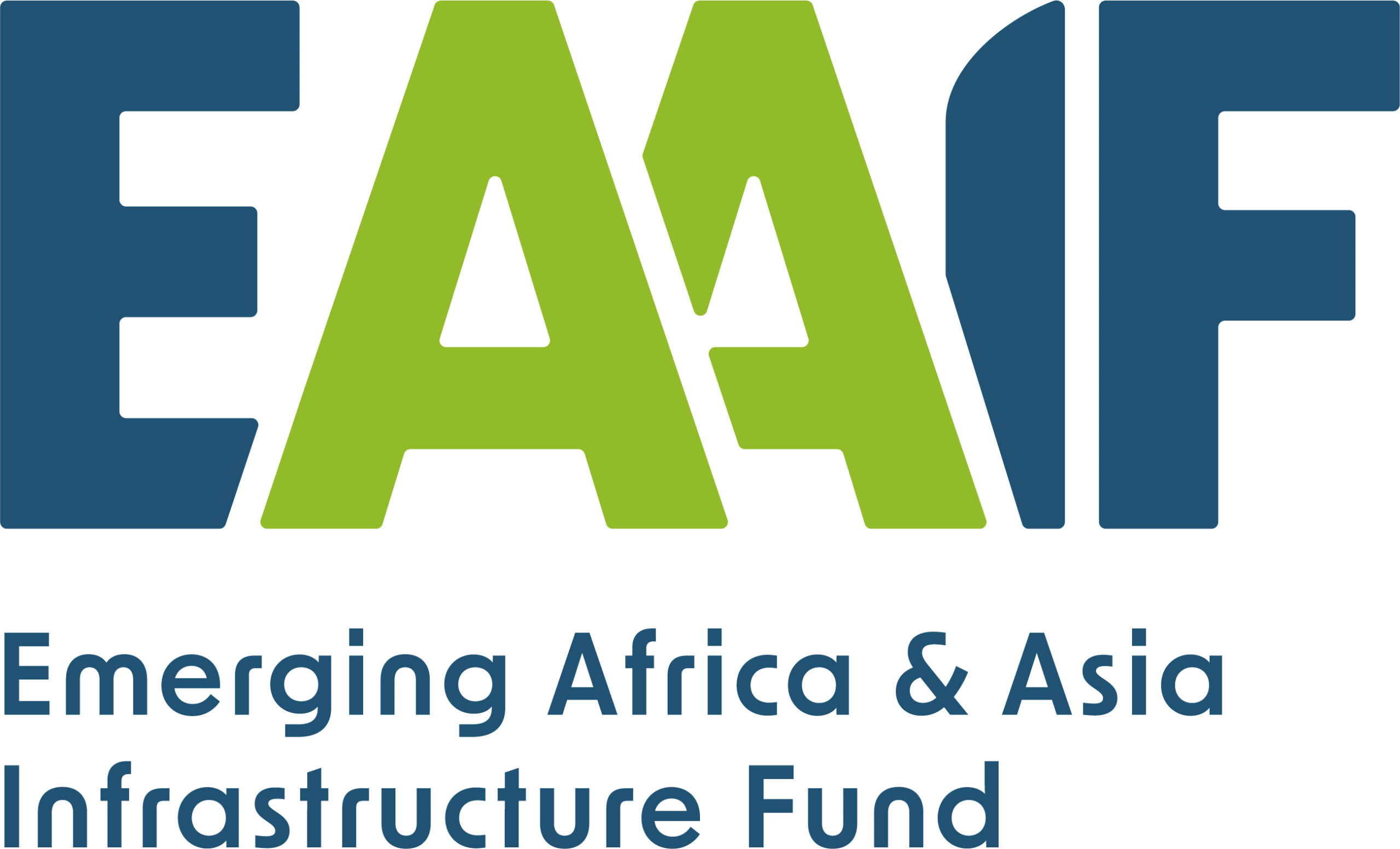EAIF stimulates UK parliament event on sustainable energy for Africa
“Emerging Africa Infrastructure Fund has 15 sustainable energy projects in new business pipeline,” says non-executive director, Julia Prescot
The Emerging Africa Infrastructure Fund (EAIF or the Fund) has 15 new sustainable energy projects in its new business pipeline, said non-executive director, Julia Prescot at a meeting at the UK’s House of Commons on 22nd March. The projects are in nine Sub-Saharan African countries. If they all reach financial close, they will provide a total of 665 MW of electricity.
EAIF is a member of the Private Infrastructure Development Group. The Fund is a public/private partnership supported by the governments of the UK, The Netherlands, Sweden and Switzerland, private sector banks and development finance organisations.
Julia Prescot said that EAIF is already a leading provider of debt funding to the sustainable energy sector in Sub-Saharan Africa.
“These new projects have the potential to significantly widen access to sustainable electricity, help stimulate economies and make public services like education and health more productive. They are prime examples of how EAIF contributes to mobilising private sector capital and enterprise to bring a wide range of benefits to people and economies.”
Julia Prescot was speaking at the first of a series of three seminars on African infrastructure proposed by EAIF and hosted by the UK parliament’s All Party Parliamentary Group on Africa (APPGA). Afford – the African Foundation for Development, worked with EAIF to develop and support the initiative.
Introducing the session, the chair of the APPGA and Labour MP, Chi Onwurah MP, said,
“Sustainable and accessible energy infrastructure in Sub-Saharan Africa is incredibly important and needs to be at the top of the agenda.
“The APPGA exists to promote meaningful and positive relationships between Africa and the UK. It is in the interests of both the UK and African nations to work together to support Africa’s economic development. This session will contribute to spreading knowledge of the many initiatives already in place and informing policy development.”
A capacity audience from the African diplomatic corps in London and from business, finance, industry, NGOs and academic institutions attended the meeting.
In addition to the presentation from Julia Prescot, the meeting heard from David Kennedy, director general of economic development at the UK Department for International Development (DFID) and from Edward George, head of research at Ecobank Group.
Mr Kennedy explained that the UK government’s prime aim is to contribute to alleviating poverty through the structural transformation of economies. He said people cannot be brought out of poverty without economic development.
Lack of energy capacity is the single biggest constraint to economic growth.
Mr Kennedy focussed on DFID’s role in the energy sector and emphasised the importance of encouraging legal and regulatory structures in Sub-Saharan countries that enable investment and improve the ability of energy markets to work effectively, competitively and efficiently to the benefits of all stakeholders.
Edward George spoke about size of the challenge of meeting need and demand for electricity in Sub-Saharan Africa, saying that African demand for electricity is continuously growing.
He said the gap between what exists now and what is needed is enormous and explained that Nigeria has a generating capacity similar to that of London, but Nigeria has a population 20 times bigger.
“The gap between what exists now and what is needed is absolutely enormous. 40% of Africans have no access to power and in some individual countries the figure is much higher.”
Mr George saw micro-generation as an an increasingly viable, practical and affordable way of powering homes and small businesses in areas remote from mainstream electricity generation and distribution facilities.
He went on to say that in many parts of Africa electricity distribution networks were often hundreds of miles from remote rural areas and that is no realistic prospect of these places being connected to national grids.
“It is encouraging to hear of the new sustainable energy projects that EAIF has in its business pipeline. Solar farms and small hydro stations such as those EAIF helps to finance can transform urban and rural areas.”
“For the many thousands of settlements in deeply remote rural Africa a big part of the answer is micro-generation. There is technology now in operation in over 100,000 homes in rural Africa that combines small scale solar generation for cooking and lighting with energy for mobile phones. Mobile phones give access to payment and other financial services and improve access to markets in areas like farm and forest products, tourism and craft production.”
The All Party Parliamentary Group on Africa will be hosting two further seminars on African infrastructure issues later in the year. Both events will be supported by the Emerging Africa Infrastructure Fund and Afford.
